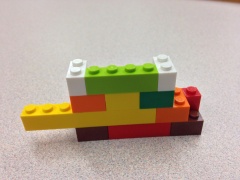Tags
diarrhea, doctors, friends, friendship, goodbyes, graduation, Harry Potter, Hermione Granger, Hogwarts, med school, medical school, Ron Weasley, stomach bugs, the end
Graduation Day arrived.
Underneath his robes, Harry dressed in a button-down dress shirt, striped bowtie, black trousers, and freshly polished loafers. He admired the doctoral hood in the bathroom mirror; it had emerald-green velvet trimming on the outside, and silk of the four Hogwarts House colors on the inside. He fumbled with it for a few minutes before giving up on draping it properly – he figured that for the sake of photography, all that mattered was how he looked from the front, anyway. Lastly, he put on the black felt graduation cap, the gold tassel hanging down the left side of his face. As he walked across the street to the ceremonial venue, he kept checking to make sure the tassel hadn’t fallen off on the pavement.
The rest of his classmates congregated in the antechamber, chatting briskly about everything they had planned for the next few weeks: driving moving trucks crosscountry, raising new kittens, Nile River cruises, and pre-residency studying. In the midst of it all, Hermione Granger found Harry in the corner, examining his own reflection in the window.
“Is my hat okay?” asked Harry.
“It’s staying on,” said Hermione. “No one cares, really. I’m wearing the same shoes that I wore when I delivered my second baby on the labor and delivery unit.” She pointed at her scuffed leather moccasins.
“You look just fine,” said Harry. “Where’s Ron?”
“Preemptively taking his spot at the back of the procession,” said Hermione. “It’s alphabetical order, and he’s a Weasley.”
Soon they filed into the ballroom, all one hundred forty-something of them, to the clicking of camera shutters and the gentle melody of their school librarian at the piano. They stood for the National Anthem, waited as the speakers recited their speeches, and snuck their phones out from underneath their robes to pass the time until the Hippocratic Oath.
***
While the others filed into the ballroom, Ron was filing… into the bathroom.
He had woken up that morning with a sour, sordid heaviness at the back of his throat, which Ernie Macmillan assured him was a side effect of nerves for the upcoming ceremony. As Ron was lining up in the back of antechamber with his classmates, however, he felt a violent gurgling in his insides that could only mean one thing.
He was in deep trouble.
A playground ditty from years past played in his head as he jostled against the crowds toward the restroom:
Smelling like a rotten egg,
it was rolling down your leg…
Ron couldn’t help thinking of all of the evenings he had spent in the library memorizing the names of bacteria, scandalizing all of the patrons (and Hermione, especially) with rhythmic chants of “Bloody DIARRHEA, bloody DIARRHEA, bloody DIARRHEA!” So this was what karma was all about, he reckoned. The world’s population of stomach bugs came flooding into your guts.
“Is this a decent time to go?” Ron asked Blaise Zabini before his second bathroom break, who was seated next to him in the ceremonial hall. They were supposed to be listening to the commencement speaker talk about overcoming hardships. Ron wished that some things were harder.
Blaise gave Ron a sympathetic look. “Can you hold it another half-hour? You don’t want to miss the Hippocratic…”
He trailed off as Ron clutched his abdomen.
“Dude, you know what? Go forth and make haste,” said Blaise. “I hope everything comes out okay.”
Ron returned from the bathroom in time to catch the last line of the Hippocratic Oath – “To the extent that I live by these precepts, I shall be a worthy physician” – and then all the students lined up again, this time to shake hands with the CEO of the hospital and receive their diplomas on stage.
Ron prayed for the good behavior of his bowels. Even if the unthinkable happened, Ron thought optimistically, splattering the Dean’s robes with the remains of his omelette breakfast would make for good press coverage, at least.

Yeah. I didn’t make this up. Above is a visual representation of how the chemoreceptor trigger zone of my brainstem was acting throughout that entire graduation ceremony. Oh, the drama!
***
There was a certain haziness to all of the proceedings, Harry would remember in retrospect. He should have been intimidated, or at least emotionally stirred, by the grandeur of the ceremony around him: the blinding fluorescent lights trained on his face, the dozens of stern-looking physicians sitting on the stage with their legs crossed, the couple thousand family members applauding and cheering and raising their phones over each other’s heads to capture fleeting glimpses of their loved ones. But Harry didn’t feel it. He was so focused on not tripping over his loose shoelace onstage that he barely remembered Dr. Sinistra declaring him “Doctor Harry – James – Potter!” for the first time in his life.
And then it was all over, and they were following the teeming crowds back to the antechamber, where tables of appetizers had been laid out for them. Harry found Ron in the middle of the room with a tumbler of lemonade in his hand.
“There you are!” said Harry. “Are you okay?”
“Never better,” said Ron. “Mind you, I nearly puked on the CEO of the hospital as he was handing me my diploma.” He grinned at Harry and Hermione. “But I’m sure the pictures turned out fine, so who cares? I always appreciate an extra dose of drama in my life.”
“Er – spectacular,” said Harry. “Are you feeling better?”
“We’ll find out sooner or later,” said Ron. “Those breakfast eggs, you know? But I’m fine for now, I think.”
Over plates of cheddar sticks and chocolate chip cookies, they said their goodbyes to their friends from the last four years. Dean Thomas and Seamus Finnigan, the inseparable duo who would now be living across the country from each other; Blaise Zabini, the supplier of all of their pirated textbooks; Tina Warbeck, the future pediatrician who sang her youngest patients to sleep with Disney princess songs; Amelia Bones, the lady at the office who always had a selection of chocolates ready for med students after a long day of studying.
Several hugs and photographs later, they were ready to leave. Harry, Ron, and Hermione walked out into the sunshine, their emerald-green hoods dangling behind them to the backs of their knees.
“You’ll write to me about your adventures, won’t you?” Ron asked Harry. “I mean, when you’re not running around the emergency department putting out fires?”
Harry grinned. “Only if you do, when you’re not prancing around the island indulging in Locust Lollipops and Cockroach Clusters.”
There was a moment of quiet, punctuated only by the squawking of geese as they took off from the front lawn and soared into the clear afternoon sky.
“Well, I guess this is good-bye, mate,” said Ron, his eyes fixed on the traffic jam in the parking lot.
“Yeah,” said Harry. “I guess.” He glanced over his shoulder. “Hermione?”
Hermione was leaning her temple against the archway, gazing at the gentle curve of the Hogwarts College of Medicine building across the road, and the hills of forests beyond.
“Everything’s going to change now, isn’t it?” she said quietly, not meeting Harry’s eyes.
If he squinted, Harry could see the rickety wooden bridge that led over the creek; the asphalt path flanked by towering elms; the ducklings following their mother around the island in the pond; the Canadian geese couple by the side of the trail that screeched at everyone who dared to pass. It was hard to imagine that he would no longer stare at this landscape from the library windows, or from the dining hall as he wolfed down reheated veggie burgers with his classmates. As abruptly as it had all begun, their time at Hogwarts had come to a close. No photograph could capture what his friends had meant to him throughout everything they had been through together.
Harry rested his hand on Hermione’s shoulder, and Hermione looked at him with a hint of a wry smile under her eyes.
“Yes,” said Harry. “It will.”






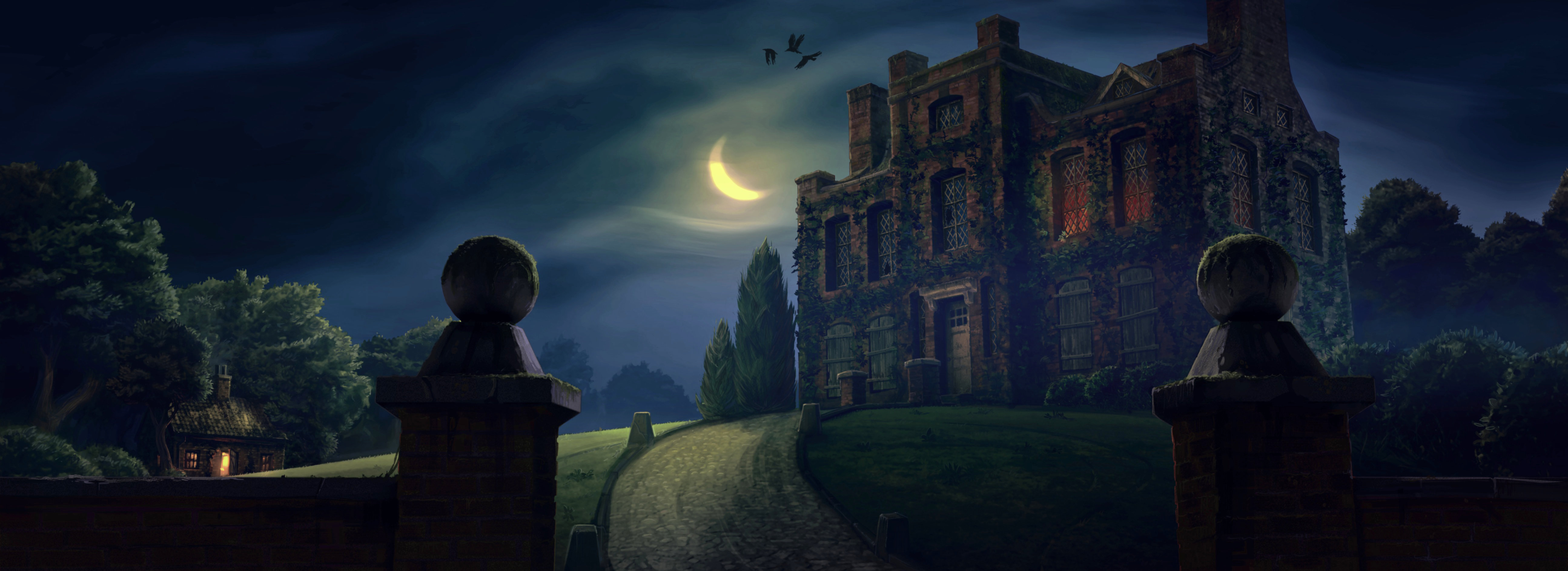

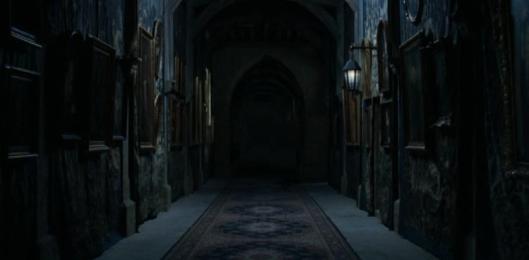





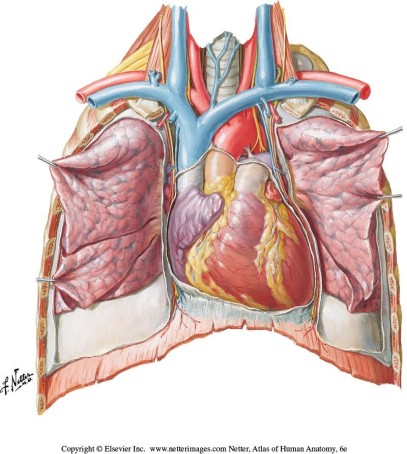






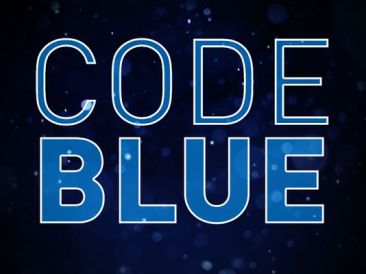





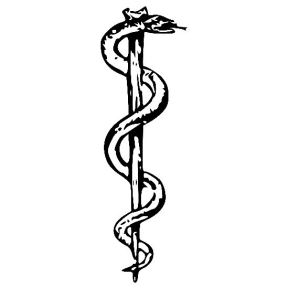













![photo_1[1]](https://hersheyhogwarts.files.wordpress.com/2015/03/photo_11.jpg?w=300&h=225)
![photo_2[1]](https://hersheyhogwarts.files.wordpress.com/2015/03/photo_21.jpg?w=300&h=225)












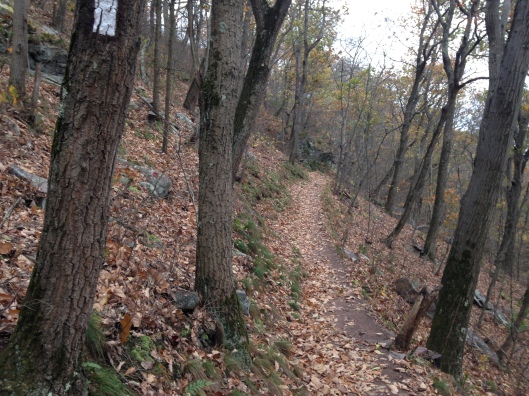
















.jpg)









